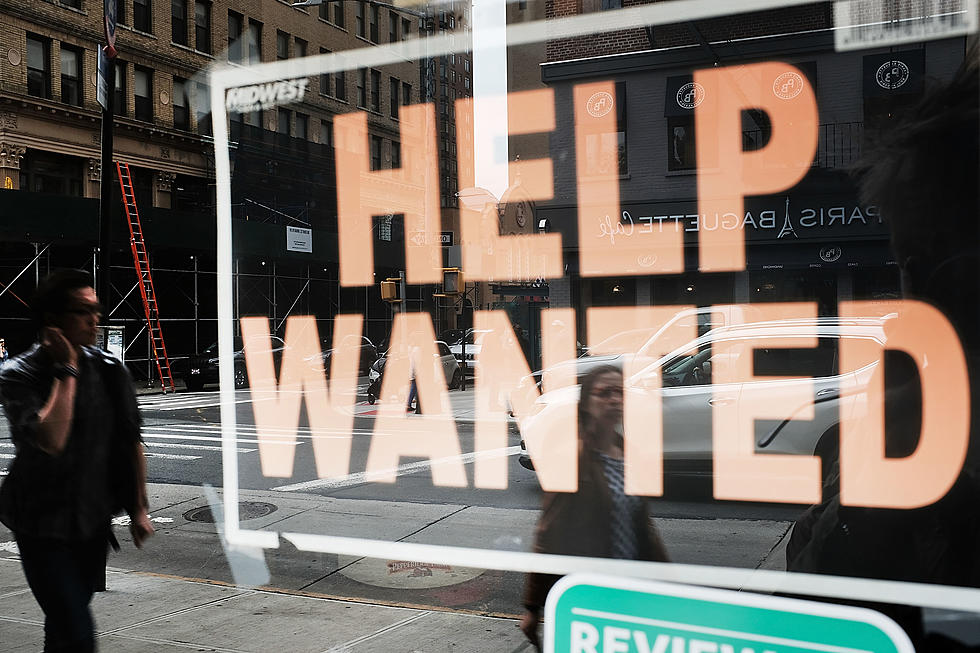![Fewer Choose Parenthood; Is a Weak Economy to Blame? [AUDIO]](http://townsquare.media/site/385/files/2011/11/babyboy.jpg?w=980&q=75)
Fewer Choose Parenthood; Is a Weak Economy to Blame? [AUDIO]
Fewer babies are entering the world, and the weak economy is partially to blame.
The hesitant recovery from the recession has forced many couples to delay their child-bearing plans, as their minds are clouded with a bunch of “what ifs.”
Financial uncertainty is making it much harder for would-be parents, or those interested in another child, to see a bright and stable future in five, 10, or 18 years. It’s hard to enough to gauge nine months from now.
Deborah Carr, a sociology professor at Rutgers University, said financial strains can also take a toll on marriages, and that could be another factor in a couple’s decision on having children.
“A couple who feels uncertain in their relationship, who doesn’t know what their future holds together – they might also feel reluctant to bring a child into the world,” Carr said.
The nation’s fertility rate hit a record low in 2011, and it stayed there in 2012.
Carr said she’s not surprised by the “baby downturn,” noting history has shown similar trends.
She added, “When a woman is pregnant, it’s really important that she has high quality healthcare, not only for her own pregnancy but for once the child is born.”
While the statistics show fewer babies are being born, the intentions of every American couple are not known. Many could be simply choosing to go “childless,” whether or not the economy is strong.
More From New Jersey 101.5 FM









